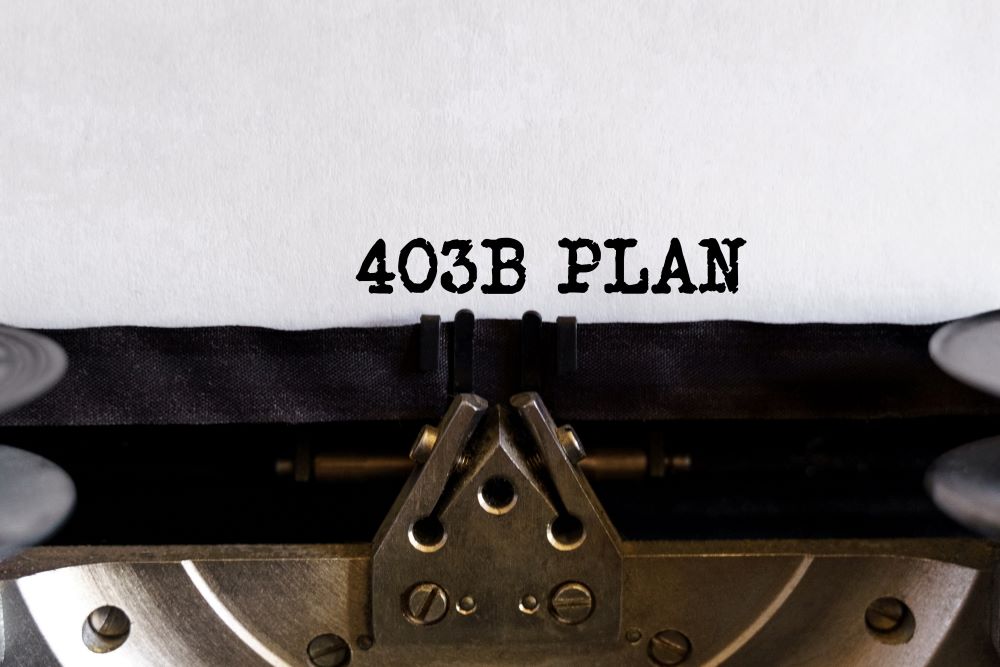
October 7, 2024

The IRS recently issued Notice 2024-73, providing updated guidance for 403(b) retirement plans regarding the inclusion of long-term, part-time employees. A 403(b) plan is a retirement savings plan typically offered to employees of public schools, tax-exempt organizations, and certain religious institutions. Effective for plan years beginning after December 31, 2024, this guidance requires plan sponsors to expand plan eligibility to include long-term, part-time employees who meet specific criteria. These changes stem from the SECURE 2.0 Act, which introduced reforms aimed at enhancing retirement security for Americans, including part-time workers.
It’s important to note that the timeline for implementing the new requirements differs between 403(b) and 401(k) plans. Additionally, these new rules apply differently to public and private sector 403(b) plans. To help clients, prospects, and others, Wilson Lewis has provided a summary of the key details below.
Expanded Eligibility for Long-Term, Part-Time Employees
Under the new rules, private sector 403(b) plan sponsors must allow long-term, part-time employees to make elective deferrals starting with plan years beginning after December 31, 2024. A long-term, part-time employee is defined as someone who works at least 500 hours per year for two consecutive years. Previously, plan sponsors could exclude part-time employees (those working fewer than 20 hours per week) from making elective deferrals. This expansion helps to ensure greater financial security for a broader range of workers.
Public vs. Private Sector Requirements
The new requirements apply differently to public and private sector 403(b) plans. Public sector 403(b) plans, such as those offered by public schools and state universities, are generally not subject to the Employee Retirement Income Security Act (ERISA), which means they are exempt from the new rules. However, public employers may still choose to adopt these standards voluntarily to expand retirement benefits.
In contrast, private sector 403(b) plans, typically offered by nonprofit organizations like hospitals and charities, are subject to ERISA. Therefore, private sector plan sponsors must comply with the updated rules to include eligible long-term, part-time employees beginning in 2025.
Exclusions for Certain Employees Remain
Despite the expanded eligibility, some exclusions remain. Student employees performing services, as defined under Section 3121(b)(10), can still be excluded from making elective deferrals, even if they meet the long-term, part-time criteria. This exclusion is based on their classification rather than the number of hours worked, meaning student workers do not need to be offered plan participation.
Additionally, employees who have not yet reached the age of 21 can also be excluded, even if they meet the 500-hour service requirement. These exclusions provide plan sponsors with flexibility in determining which employees must be offered participation in the 403(b) plan.
Action Steps for Plan Sponsors
To comply with the updated rules, private sector 403(b) plan sponsors will want to take the following actions:
Implementation Timeline
One notable aspect of the updated guidance is the difference in implementation timelines for 403(b) and 401(k) plans. 403(b) plans must comply with the new rules starting in 2025, which means private sector plan sponsors need to act promptly to ensure compliance. In contrast, final regulations for 401(k) plans regarding long-term, part-time employees will not take effect until at least January 1, 2026. For employers who sponsor both types of plans, it is important to prioritize updates to 403(b) plans first.
Contact Us
Compliance with these updated regulations is essential for avoiding potential penalties and ensuring a smooth transition. Consulting with a tax professional is highly recommended to help review plan documents, implement the necessary compliance measures. If you have questions about the information outlined above or need assistance with your next benefit plan audit, Wilson Lewis can help. For additional information call 770-476-1004 or click here to contact us. We look forward to speaking with you soon.